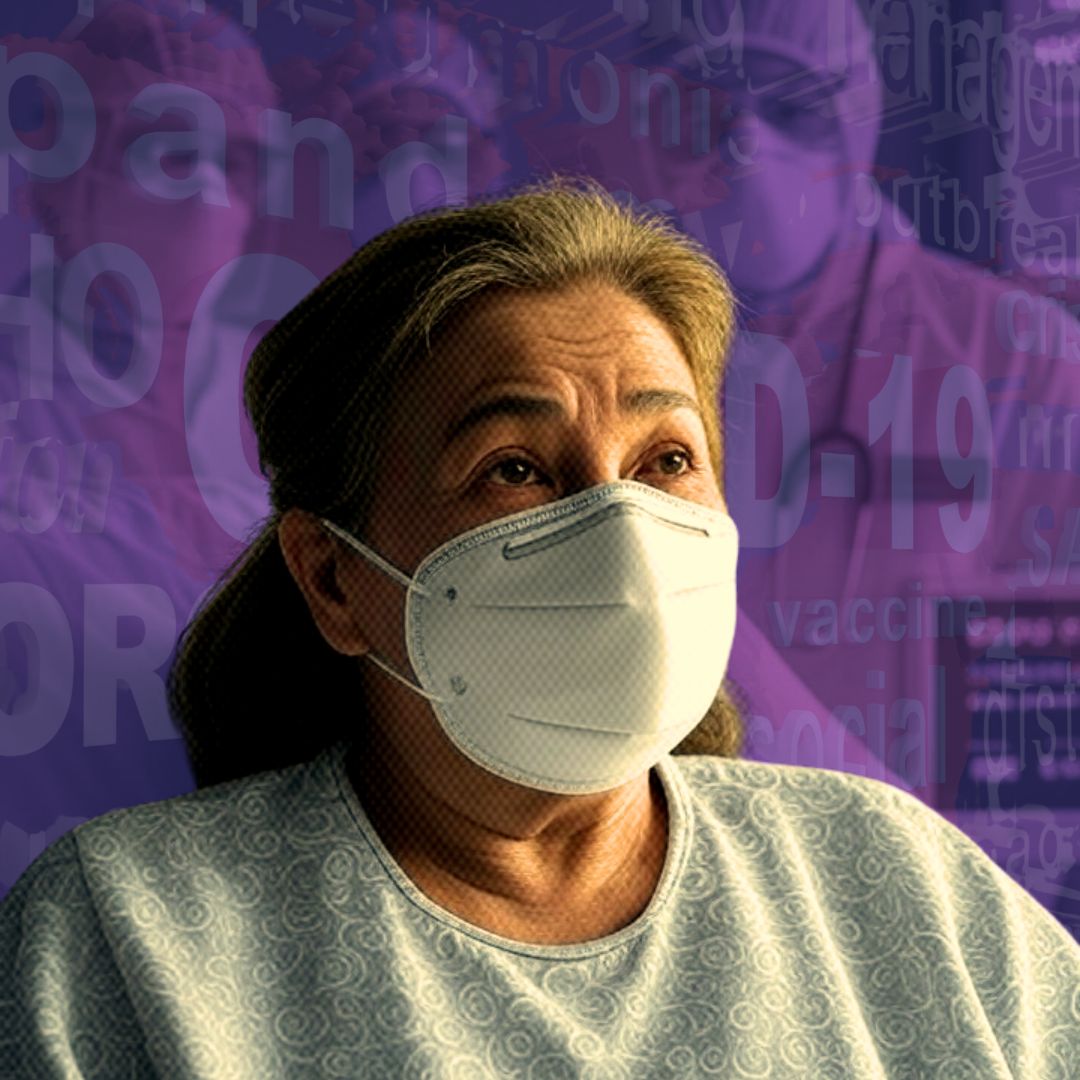Delhi has recorded its first COVID-19 death in the current surge, as a 60-year-old woman passed away following post-surgical complications, with COVID-19 detected incidentally during her hospital stay. This tragic case is among seven COVID-related deaths reported across India in the last 24 hours, signalling a worrying uptick in fatalities.
With active cases rising to 2,710 nationwide and Kerala, Maharashtra, and Delhi reporting the highest numbers, health authorities are urging the public to remain vigilant and adhere to safety protocols.
Delhi’s First COVID-19 Death Signals Renewed Caution
The woman who died in Delhi was admitted to a city hospital with acute abdominal pain and vomiting, later diagnosed as an intestinal obstruction. After undergoing emergency surgery, she was tested for COVID-19 as part of routine post-operative care and found positive.
Despite medical intervention, she succumbed to complications, making her the first COVID-19 fatality in Delhi during this recent spike and the second in the city this year. Delhi reported 56 new COVID-19 cases in the last 24 hours, pushing its active caseload to 294. The capital’s health officials have reiterated that while the majority of new cases are mild, the elderly and those with pre-existing health conditions remain at heightened risk.
Seven Deaths Across India in 24 Hours Amid Rising Cases
The alarming development in Delhi is mirrored across the country, with seven COVID-19 deaths reported in the past day: two in Maharashtra, and one each in Delhi, Gujarat, Karnataka, Punjab, and Tamil Nadu. India’s total active cases have climbed to 2,710, with Kerala (1,147), Maharashtra (424), and Delhi (294) accounting for the largest shares.
Health authorities attribute the current surge to Omicron sub-lineages NB.1.8.1 and LF.7, which are highly transmissible but, so far, not linked to increased severity. Union Health Minister Prataprao Jadhav stated, “Both our Central Health Department and the AYUSH Ministry are fully alert and closely monitoring the situation across all states.”
Delhi Chief Minister Rekha Gupta also reassured citizens, saying, “Our hospitals have all the facilities. We have analysed the scenario, and there is no panic situation. The situation is under control.”
State-Wise Steps and Updates
Kerala
- Remains the worst-affected state with 1,147 active cases, witnessing an increase of 227 new infections in the last 24 hours.
- State health department is conducting extensive testing, which may explain the higher case numbers.
- No deaths reported recently, but reconciliation of mortality figures is ongoing.
- Health officials are monitoring the situation closely and urging residents to follow COVID-appropriate behaviour.
Maharashtra
- Second highest with 424 active cases, up by 40 in the last 24 hours.
- Reported two COVID-19 deaths: one 67-year-old male with ARDS, pneumonia, and comorbidities; another 21-year-old male with diabetic ketoacidosis and infection.
- State health authorities are ensuring hospital preparedness and urging high-risk individuals to seek early medical care.
Delhi
- Active cases have risen to 294, with 56 new cases reported in the last 24 hours.
- One death reported: a 60-year-old female with post-surgical complications.
- Delhi government has issued advisories to hospitals to ensure availability of beds, oxygen, and medicines.
- Chief Minister Rekha Gupta has reassured the public that the situation is under control but urged continued caution and adherence to guidelines.
Gujarat
- Reported 223 active cases and one death in the last 24 hours.
- Details of the deceased are yet to be confirmed.
- State health officials are tracking cases and reinforcing hospital readiness.
Karnataka
- 148 active cases with one death: a 70-year-old male with multiple underlying conditions.
- COVID-19 is suspected; RT-PCR result is awaited.
- State is focusing on early detection and management of severe cases.
Tamil Nadu
- 148 active cases and one death: a 60-year-old male with diabetes, hypertension, and chronic kidney disease.
- Health authorities are monitoring high-risk patients and promoting vaccination and testing.
Punjab
- Reported one death: a 39-year-old male with Hepatitis B and acute respiratory syndrome.
- State is urging people with comorbidities to take extra precautions.
West Bengal
- 116 active cases reported.
- No recent deaths mentioned, but authorities are on alert and monitoring the situation.
Mizoram
- Two cases reported after a gap of seven months, indicating ongoing surveillance and readiness.
Expert Advice and Essential Safety Measures
Medical experts continue to stress the importance of early detection and prompt medical care, particularly for those with comorbidities. Dr. Randeep Guleria, former AIIMS Director, advised, “While the new variants are not causing severe illness in most people, those with comorbidities or weakened immunity should be extra cautious.
Early testing and timely medical consultation can prevent complications. It is also important not to ignore symptoms, however mild, and to avoid self-medication.”
To minimise risk, health authorities and experts recommend the following steps:
- Wear masks in crowded or indoor settings.
- Wash hands frequently with soap or use sanitiser.
- Cover your mouth and nose when coughing or sneezing.
- Maintain physical distance, especially from those who are unwell.
- Stay home if you feel sick and consult a doctor.
- Get vaccinated and keep up with booster doses.
- Monitor your health and seek care if symptoms worsen.
- Ventilate indoor spaces regularly.
- Avoid touching your face with unwashed hands.
- Support elderly and vulnerable community members.
The Logical Indian’s Perspective
Delhi’s first COVID-19 death in this wave, alongside six others nationwide, is a sobering reminder that the pandemic is far from over, especially for those with underlying health conditions.
The Logical Indian urges everyone to remain vigilant, follow public health guidelines, and show empathy to those affected. Let us stand together in solidarity, prioritising collective well-being and supporting our healthcare workers. As we navigate this renewed challenge, how can we, as a society, strengthen our compassion and resilience to protect the most vulnerable among us?











